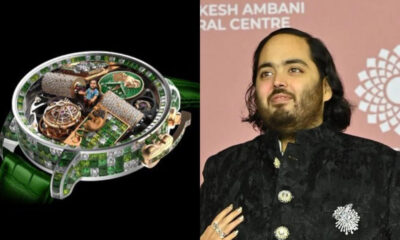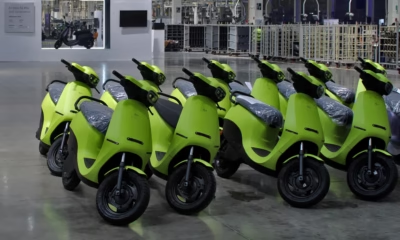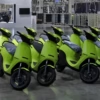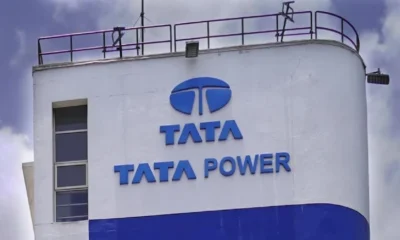According to Kenichi Ayukawa, executive vice president of Suzuki Motor Corp., India’s car market is set to reach 20 million units by 2047, bolstered by the promising rise of battery electric vehicles (EVs).
Suzuki’s subsidiary, Maruti Suzuki India Ltd., aims to capture a 50% market share by 2030, up from its current 40% for the fiscal year ending in March.
Economic Opportunities and Strategic Plans by Suzuki Motor:
India’s emergence as an economic powerhouse and the growth of its middle class provide significant opportunities for Suzuki, which has been the country’s top-selling automaker with popular models like the Swift and Brezza.
To maintain its lead, Suzuki plans to introduce its first-ever EV in India and Europe next year, showcasing its mass-production model at the upcoming auto expo in India in January.
Market Comparisons and Sales Data:
In the fiscal year ending March, India sold 4.2 million passenger vehicles. For comparison, 3.1 million passenger cars were sold in the US last year, Europe had 15 million unit sales, and China, the world’s largest automobile market, saw 26 million passenger vehicle sales.
EV Strategy and Affordability Plans by Suzuki Motor:
Suzuki plans to launch the premium eVX electric vehicle and more affordable, compact models with lighter batteries. The company targets 15% of its sales in India to be EVs by 2030.
While EVs are expected to grow in India due to environmental concerns, the market remains price-conscious. Buyers are showing an increased interest in crossovers and sport-utility vehicles (SUVs), areas where competition from Tata and Mahindra is strong.
Collaboration with Toyota and Future Developments:
Suzuki focuses on developing products for everyday needs, which could lead to the domestic production of battery cells in the next 5 to 10 years.
The collaboration with Toyota Motor Corp., which holds a 5% stake in Suzuki, will focus on Suzuki’s smaller cars and Toyota’s larger models. Toyota’s EV technology will enhance Suzuki’s product development.
Alternative Fuel Options and Sustainability:
Suzuki also sees potential in compressed natural gas (CNG) powered cars, which are cheaper than gasoline in India. Maruti Suzuki sold 483,000 CNG cars in the latest fiscal period, a 47% increase from the previous year.
Additionally, Suzuki plans to operate four plants to convert methane from cow manure into fuel for cars currently running on CNG. However, challenges remain in monetizing the organic fertilizer produced as a byproduct on a large scale.
Get all the latest news on Indian daily post






























